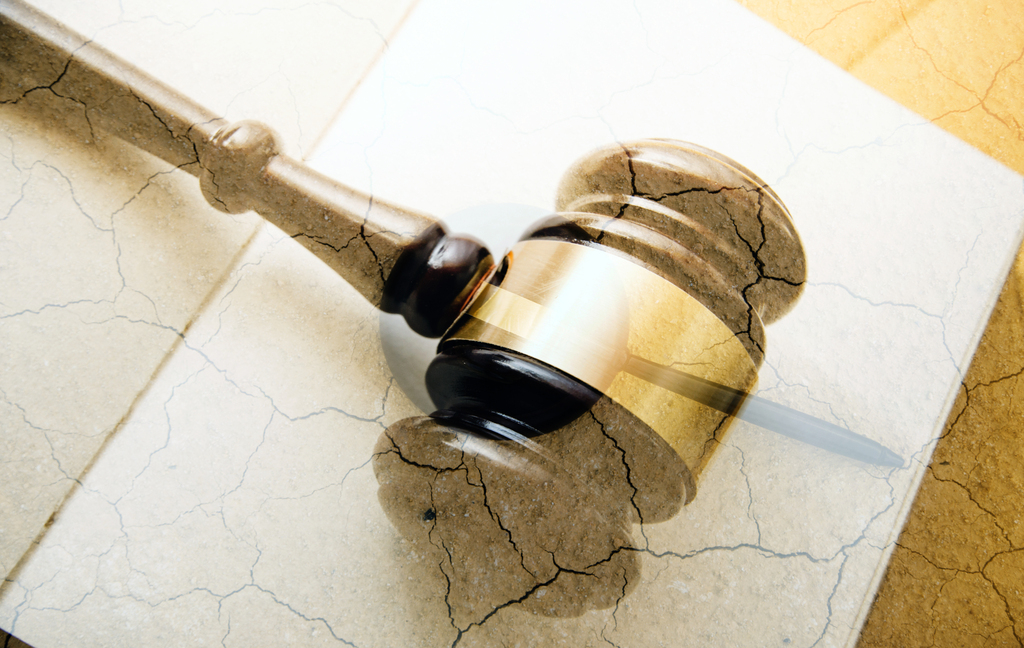Defamation, Libel, and Slander
The team upholds a solid ethical foundation, fostering trust among all parties in negotiations and enhancing communication to reach successful outcomes.

Defamation encompasses both libel and slander, which are defined as making false or misleading statements about another person in a public manner. In Brazil, defamation law is comprehensive, considering the nuances of both written and spoken statements.
Libel refers to written statements containing false and malicious content about another individual. This can include printed words, photographs, or any other visual representation that conveys harmful information. In Brazil, libel is taken very seriously, and individuals who believe they have been libeled can seek legal remedy through civil action.
Slander, on the other hand, involves spoken (oral) statements that are false and malicious. Slanderous remarks can occur in various contexts, such as informal conversations, speeches, or public gatherings. Like libel, slander can result in legal actions if it causes harm to the individual’s reputation.
To successfully prove a case of defamation, whether through libel or slander, the plaintiff must meet all three of the following requirements:
- Intentional Communication: The statement must have been intentionally communicated to another party. Negligent communication can also satisfy this requirement if it can be proven that the statement was made carelessly.
- Damaging Effect: The statement must have caused harm to the reputation of the individual to whom it refers. This means the statement must have had a tangible negative impact on the person’s reputation.
- Relation to the Statement: The person being defamed must be clearly identified or implied in the defamatory statement. The statement must refer to the individual in question.
In Brazil, the legal framework for defamation cases also emphasizes the need to show actual injury or malice on the part of the person making the statement. This means that the plaintiff must present evidence of damage to their reputation and, in some cases, demonstrate that the statement was made with intent to harm.
Defenses Available:
In Brazil, several defenses may be available in defamation cases, including:
- Truth: If the statement can be proven true, it serves as a complete defense against the defamation claim.
- Opinion: Statements that are clearly identified as opinions, rather than factual assertions, may not qualify as defamatory.
- Privileged Communications: Certain statements made in specific contexts, such as during judicial proceedings or parliamentary debates, may be protected from defamation claims.
Given the complexities of defamation law in Brazil, individuals facing potential libel or slander claims, or those seeking to pursue a defamation action, should seek expert legal advice to navigate these sensitive matters effectively.
With our global reach we offer expert legal services for defamation, libel, and slander cases worldwide. Whether dealing with local or international matters, our experienced team ensures that our clients’ reputations are fully protected, providing strategic advice and legal support in both Brazilian and international contexts.
